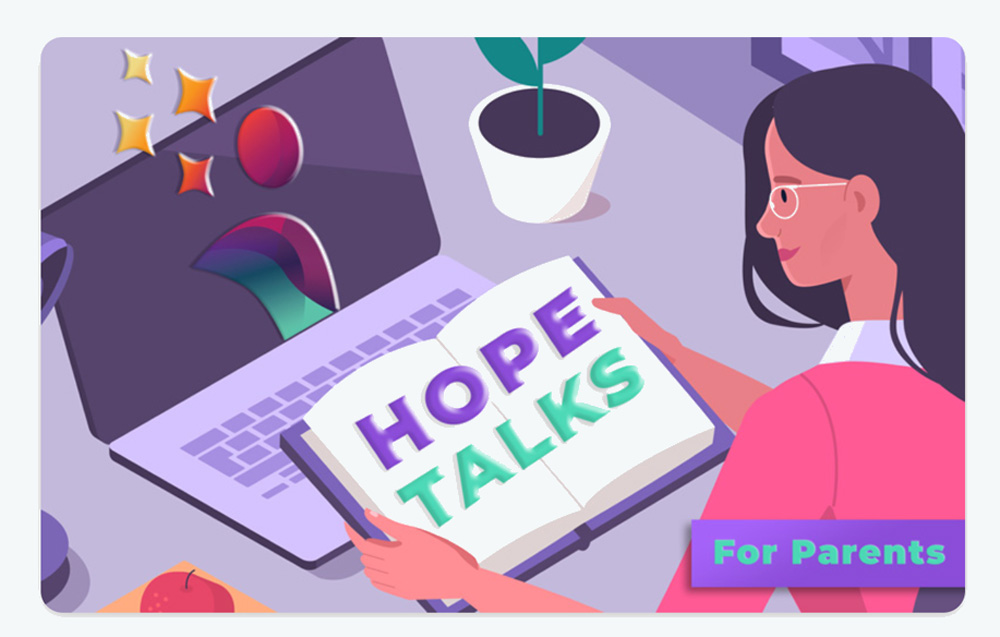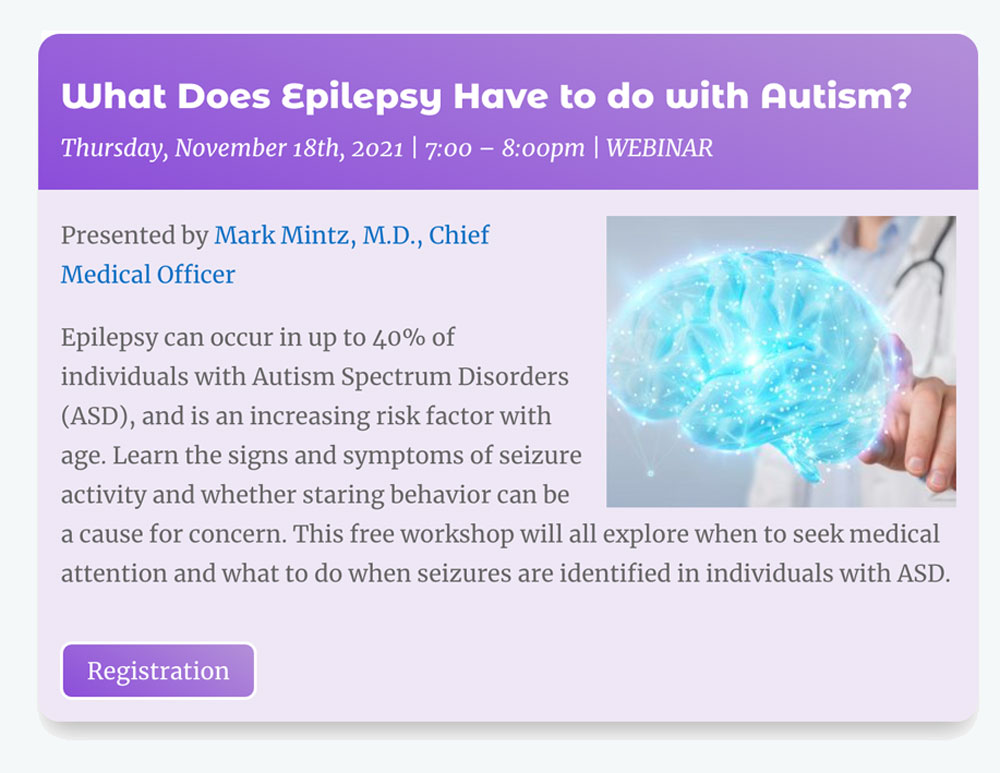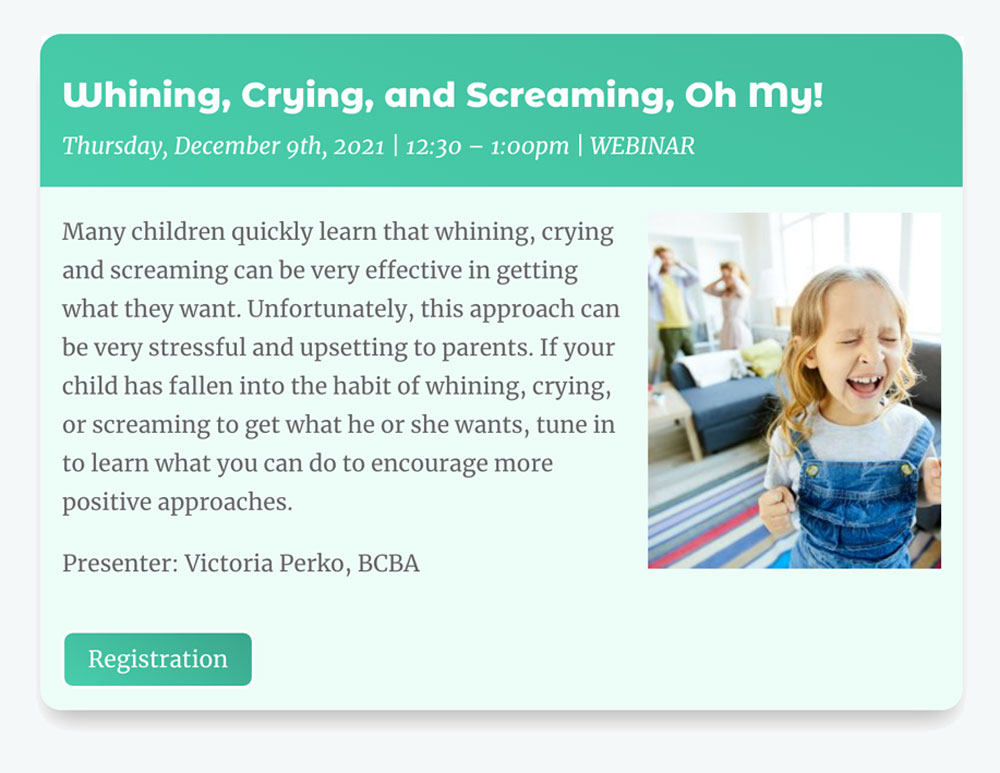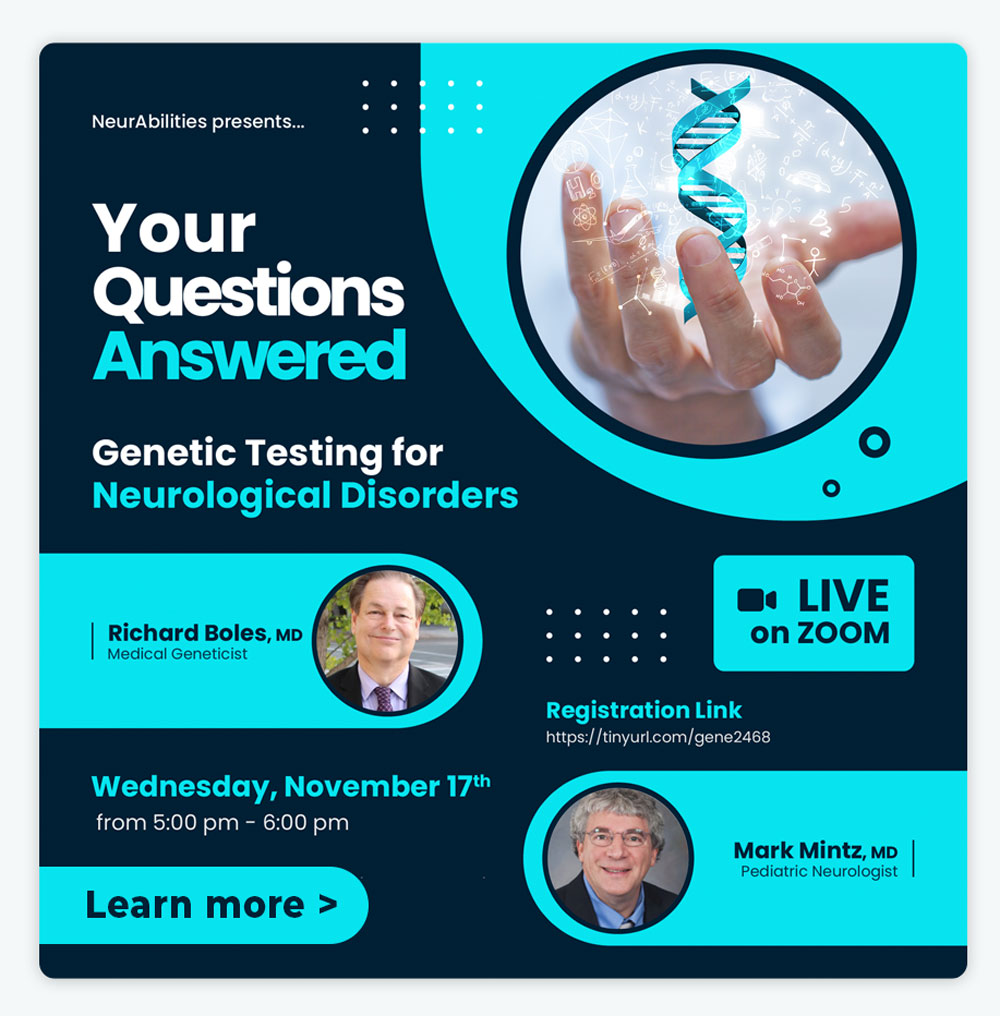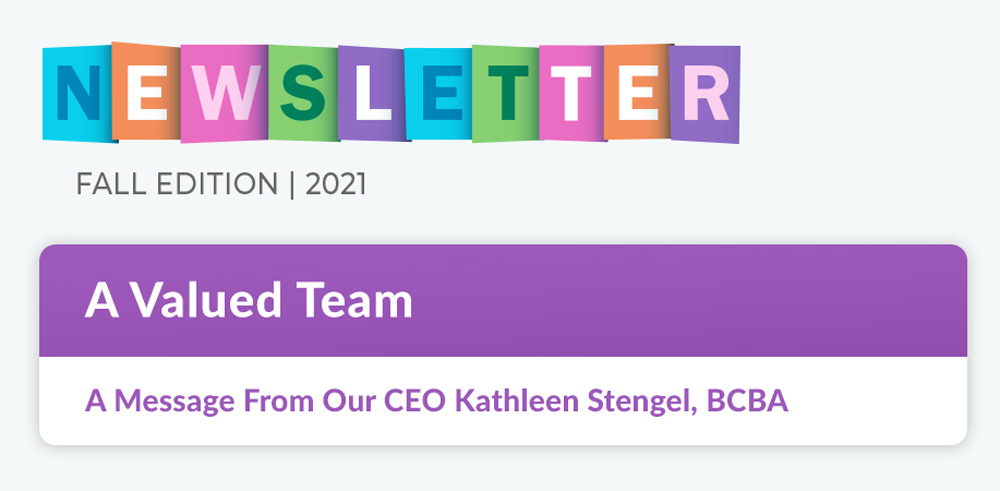
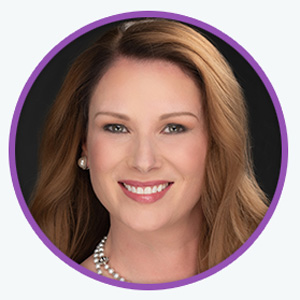
Compassion, Collaboration, Integrity, Excellence and Joy. These are the values we established at the inception of NeurAbilities Healthcare and remain steadfast through our growth over the past 2 years. As an organization, our values guide our plans for continuous improvement in operations and service delivery; however, it is the people – our employees – who bring our values to life each day, in interactions with patients, in the community, and with one another. As I reflect on some of the activities and news published about our organization in the past three months, I must say how proud I am to lead this valued team of individuals! It is contributions such as the following that help pave the way for our continued growth, excellence, and service to the community…
Compassion. NeurAbilities’ Walk Team “Hope’s Heroes” participated in three recent Autism Speaks Walks and raised over $4,000 to support research and programs for individuals with autism.
Collaboration. Thanks to our amazing management and operations teams, NeurAbilities obtained the Allentown IBHS clinic license in Pennsylvania with zero corrections!
Integrity. Our clinical team is dedicated to sharing their expertise and information with the community and has created a “HOPE Talks” series. Topics range from how to manage common childhood issues (i.e., tantrums, sibling issues) to those that are medical in nature. Click here to register for these free programs.
Excellence. We are proud to announce that our medical team made the Top Physicians list in Suburban Life Magazine among many other recent accomplishments! Congratulations team!
Joy. We find great joy in providing services to our patients and hearing their success stories! Olivia Dontonville shares her personal story below, getting started in the behavior sciences field and why she feels “set for success”!

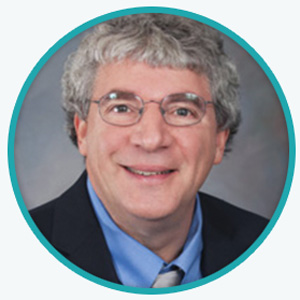 As a sponsor and supporter of the Child Neurology Foundation (CNF), NeurAbilities was asked to comment on a question posed to practitioners and patients ahead of this year’s annual conference on “Shortening the Diagnostic Odyssey in Children with Neurologic Conditions”.
As a sponsor and supporter of the Child Neurology Foundation (CNF), NeurAbilities was asked to comment on a question posed to practitioners and patients ahead of this year’s annual conference on “Shortening the Diagnostic Odyssey in Children with Neurologic Conditions”.
From a physician’s perspective, the diagnostic process starts with identifying a disease, disorder, condition, or injury based upon an array of various symptoms and clinical signs. Symptoms are mostly subjective descriptions and complaints from a patient or caregiver. Clinical signs are gathered from medical history, physical examination, and diagnostic testing (laboratory tests, radiological imaging, genetic testing, and much more). After obtaining this information and data, a “differential diagnoses” list of probable or possible diagnoses is created. And from this list, strategies in clinical management and treatment are determined, as well as consideration of further diagnostic testing to refine the differential diagnoses list. However, some diagnoses may be assigned without regard to what is causing them from a biological perspective. Thus, treatments for an initial diagnosis may provide symptom relief, but not necessarily address the biological pathway leading to the symptoms.
Obtaining a valid diagnosis, and in particular understanding the underlying biological causes and contributions to the problem can be life changing by shortening the diagnostic odyssey. For example, identifying a genetic cause for a disorder can obviate the need for additional invasive testing, identify a treatable disorder, or lead to an understanding that the cause of the problem is biological in nature and not the result of anyone’s fault.
Having a diagnosis allows for the ability to communicate and learn from others dealing with the same issues, and to be able to access specific research information and clinical studies. Overall, a proper diagnosis means finding answers and treatment options that allow patients and families to move forward with their lives, providing a pathway for achievement and success.
And while outcomes are often measured in number of seizures or reduction of a target behavior, from a patient’s perspective, what is most important about having a diagnosis with proper treatment is having a “normal” life. This means something different to each person, but the essence of what a diagnosis means may be best captured in this brief video with contributions from NeurAbilities patients and edited for the Child Neurology Foundation’s social media campaign on “What Does a Diagnosis Mean?”
What does a diagnosis mean to you? Watch our video here: https://neurabilities.com/what-does-a-diagnosis-mean-to-us/

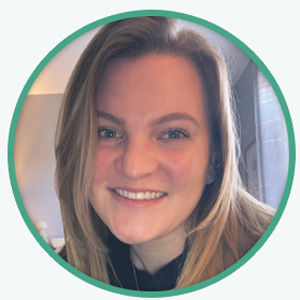 “Thanks to NeurAbilities, I am set for success,” shares Olivia Dontonville. When asked how, Olivia reflects on her story about her introduction to Applied Behavior Analysis (ABA), how her strengths and qualities were perfectly matched for the field, and how NeurAbilities is helping her develop her passion and talents into a career.
“Thanks to NeurAbilities, I am set for success,” shares Olivia Dontonville. When asked how, Olivia reflects on her story about her introduction to Applied Behavior Analysis (ABA), how her strengths and qualities were perfectly matched for the field, and how NeurAbilities is helping her develop her passion and talents into a career.
“As a recent college graduate with a degree in psychology, I had never heard of ABA therapy until I saw a job posting from NeurAbilities,” Olivia admits. I didn’t know anything about the work, but I knew that I loved working with children, I have a lot of energy, and I wanted to dedicate my life to helping others.” Olivia applied for the role of a behavior health technician (BHT) and got the job.
Olivia remembers, “I came in without experience and NeurAbilities taught me everything I needed to know. My training didn’t stop at the end of required class work. The supervisors on my cases are always available to provide guidance, feedback, and advice. Typically, they check in with me before I check in with them! I feel supported with a great sense of camaraderie.”
With any role, Olivia recognizes there can be challenging days, but the good days outweigh them. “There is such immense satisfaction in watching a child overcome obstacles to meet milestones,” she explains. “One of my first cases involved working on potty training with the child. It took some trial and error, but I worked with my supervisor and the parents and after a couple of months, it happened! I’m not sure who was more excited when it finally happened, but it reinforced my decision to pursue this field as a career.”
Olivia sees so much good happening in the field of ABA and wants to be part of the positive impact it can have on individuals of all ages and skill levels. She is working on becoming a Registered Behavior Technician (RBT) while she earns a Master’s degree in behavior science. She plans to become a Board Certified Behavior Analyst (BCBA) and looks forward to joining NeurAbilities’ study group which is led by a doctoral level BCBA who is also a professor in the field.
“Everyone at NeurAbilities cares so much about the success of the employees,” shares Olivia, “as well as the success and progress made by patients. I’m set!”

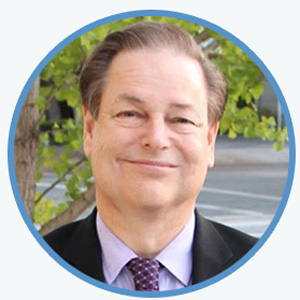 Over the past few years, learning about one’s heritage through genetic testing has become increasingly popular, but did you know that genetic testing can also provide answers to complex medical concerns? In fact, genetic testing and re-analysis are changing the lives of many patients at NeurAbilities Healthcare through the Neurogenomics program, directed by Dr. Richard Boles.
Over the past few years, learning about one’s heritage through genetic testing has become increasingly popular, but did you know that genetic testing can also provide answers to complex medical concerns? In fact, genetic testing and re-analysis are changing the lives of many patients at NeurAbilities Healthcare through the Neurogenomics program, directed by Dr. Richard Boles.
Dr. Boles started his career as a board-certified pediatrician, but his curiosity for digging deeper to find answers for his patients led him to the field of genetics. “The study of genetics and an individual’s DNA is like having the key to unlock answers to fundamental health concerns,” he states. “My training and experience in pediatric medicine combined with my time spent working at a laboratory overseeing genetic analysis and a lot of curiosity have provided me with a unique skill set to take genetic re-analysis to a more personalized level of care.” Dr. Boles is only one of very few physicians in the world with the unique skillset to offer this service.
Dr. Boles began re-analyzing genetic data almost two decades ago while working as the medical director for a genetics laboratory (Courtagen). NeurAbilities Chief Medical Officer, Dr. Mark Mintz, frequently consulted with Dr. Boles regarding patient sequencing he had ordered from Courtagen to discuss his patient’s symptoms in relation to the genetic testing results. “We realized that the genetic laboratory is often hampered by lack of knowledge regarding the intricacies of a patient’s clinical profile,” explains Dr. Boles. “By working together to use a patient’s symptoms to guide our investigation, we were able to re-analyze the DNA sequence data. This results in far more accurate diagnoses and therefore, more effective treatments.” It was nearly four years ago now that Dr. Mintz invited Dr. Boles to launch a Neurogenomics program at NeurAbilities to continue their work together.
So, who can benefit from seeing a neurogenomics doctor? Dr. Boles says, “everyone.” In the past, patients sought testing for birth defects, metabolic issues, or during pregnancy. Today, patients can call upon Dr. Boles when they just don’t know what is wrong. Many patients go years before anyone finds out what is wrong because they don’t know where to turn. “I am drawn to the most difficult cases and conditions,” he explains. “I see them as a puzzle, and I am determined to solve them.”
Dr. Boles works with patients and referring physicians to evaluate many different genetic mysteries in individuals with autism, ADHD , chronic fatigue, cyclic vomiting, and even cases labeled as conversion disorder or medical child abuse. Most importantly, finding the true causes and contributors of disease can allow for new treatment options, and for improvements in medical management. As an example, Dr. Boles took it upon himself to re-analyze the genome of renowned Autism advocate Temple Grandin, and in doing so, found a treatable condition causing many of her symptoms.
On a personal note, Dr. Boles is married with four children and many pets, including cats, dogs, rabbits, chinchillas, multiple species of reptiles, and fish. When asked about his career aspirations as a young man, he shares that he either wanted to be a geneticist… or a theoretical physicist! To learn more about the Neurogenomics program at NeurAbilities, visit our Neurogenomics page…
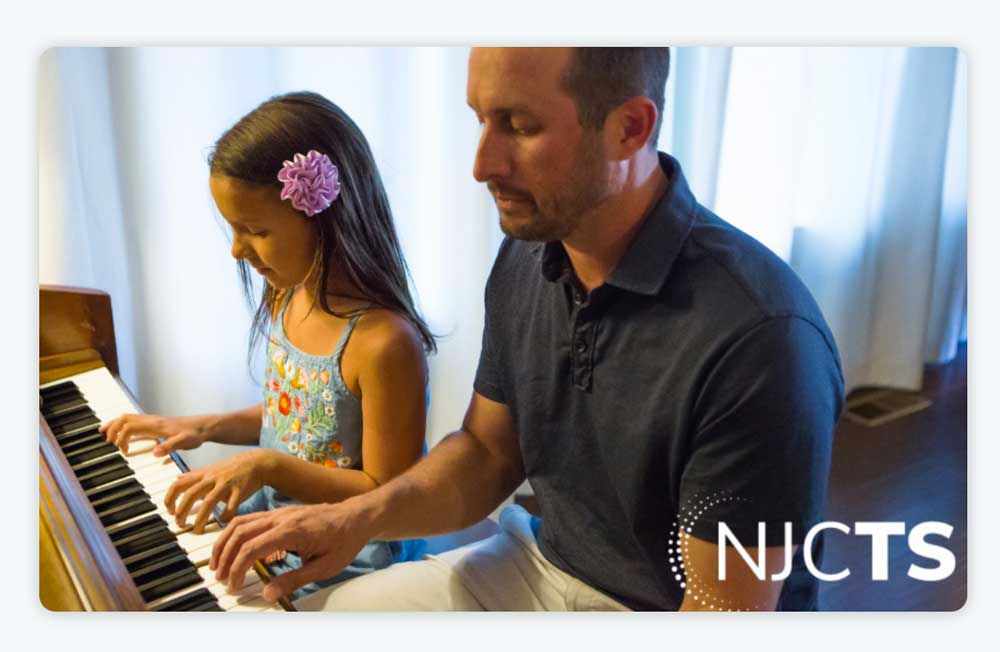
Music Therapy: Creating meaningful connections between parents and children
Wednesday, November 3 | Facilitated by Marilyn Benvenuto, MT-BC Board Certified Music Therapist, NeurAbilities Healthcare | Some parents may experience difficulty connecting and interacting with their neurodiverse child as they exhibit symptoms related to their diagnosis. Music therapy is an evidenced based practice that can be utilized to support the parent-child relationship. During this support group, learn more about music therapy and ways music can promote a calm and relaxing environment, while creating meaningful connections between parents and children.
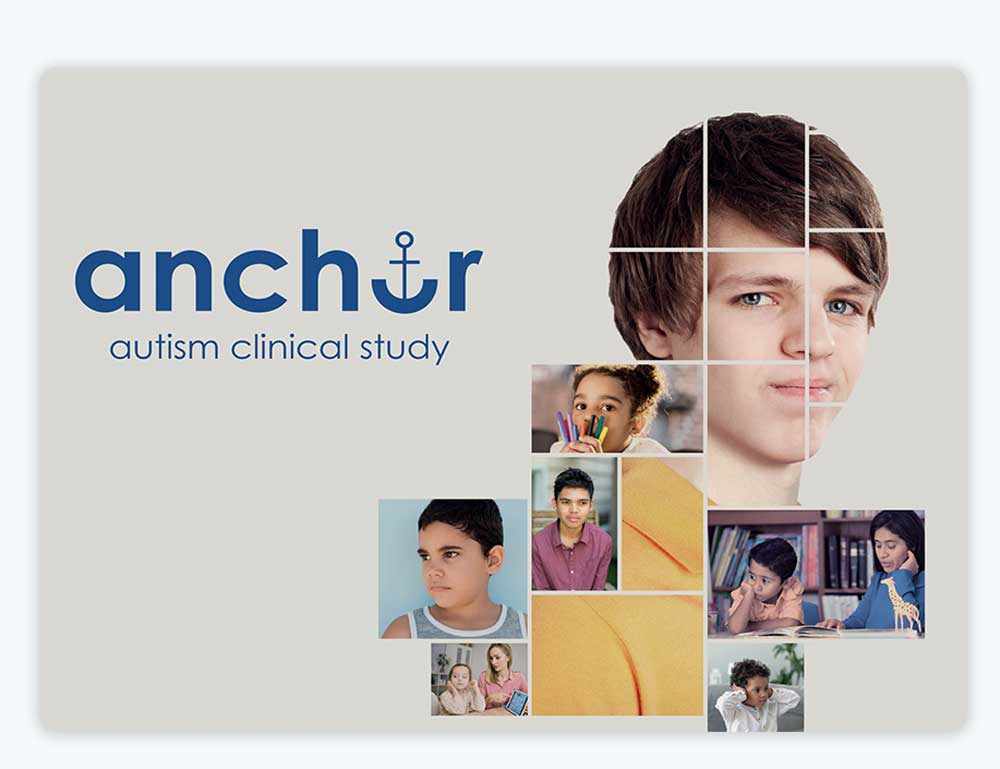
Join us in researching an investigational medicine for children and adolescents with autism spectrum disorder.
The ANCHOR Study will help determine how safe the investigational medicine is and whether it can reduce irritability associated with autism spectrum disorder (ASD). Your child may be able to take part if they are 5-17 years of age, have ASD, and show signs of irritability involving verbal or physical outbursts of anger, frustration, or distress (including tantrum behavior and meltdowns)
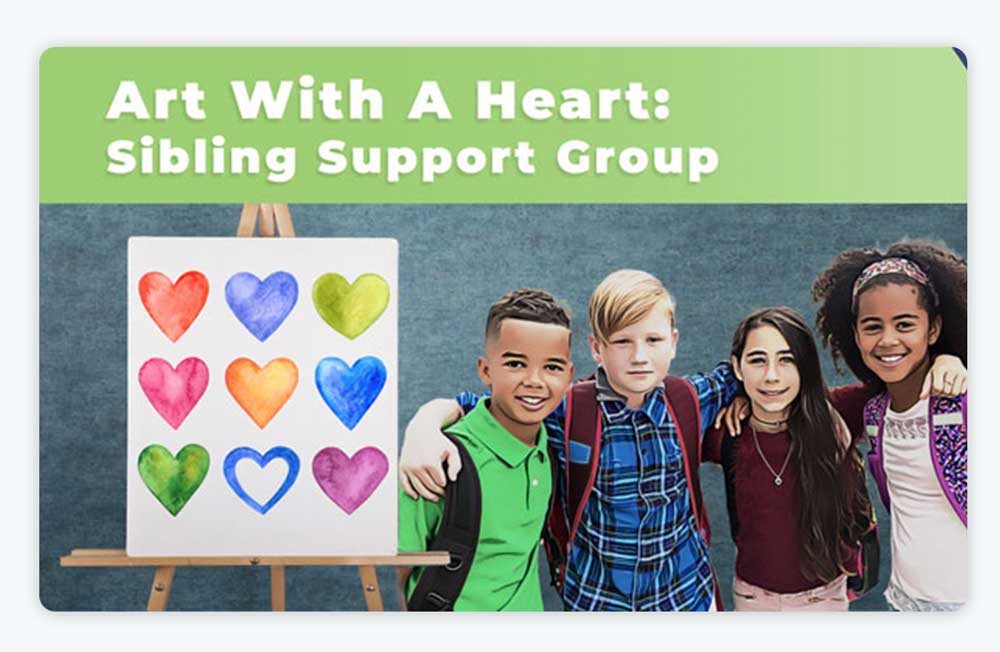
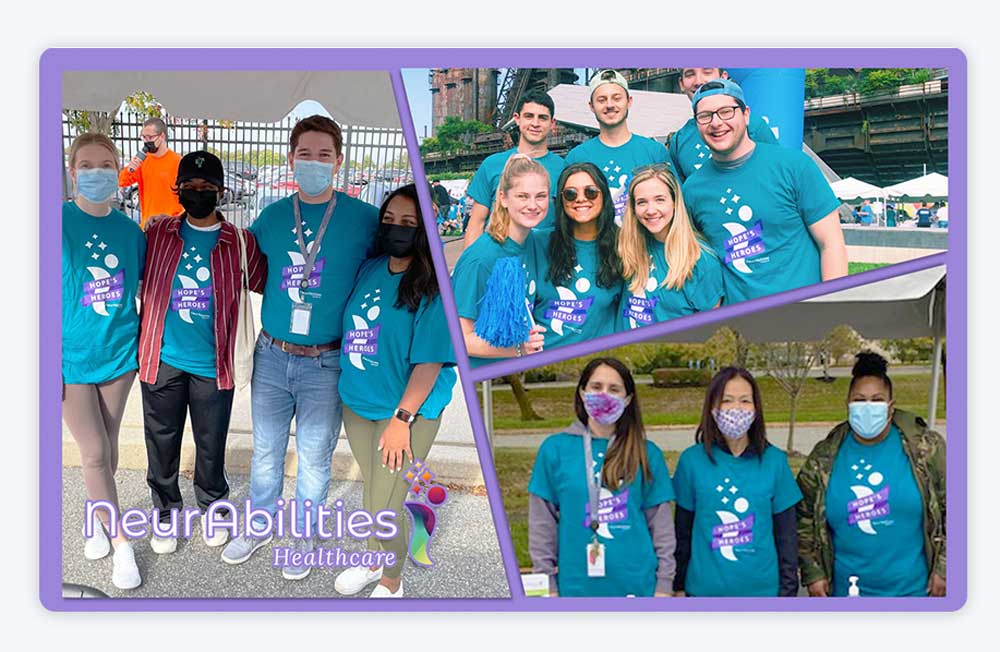
NeurAbilities’ walk team “Hope’s Heroes” was a sponsor for 2021 Autism Speaks walks in Lehigh and Philadelphia, PA and South Jersey. To date our walk teams have raised close to $4,000 to support research and programs for individuals with autism!
Staff Activities
Dr. Richard Boles:
-
Autism Research Coalition: “Treatment Approaches for Autism Spectrum Disorders”2021
-
CVSA: “Treatment of Cyclic Vomiting Including Supplements and Medications” 2021
-
United Mitochondrial Disease Foundation: “Mitochondrial Medicine 2021: Ask the Mito Doc Panel for the Parent/Caregiver Community”2021
-
The Temple Grandin Genome: Comprehensive Analysis in a Scientist with High-Functioning Autism. Vanzo RJ, Prasad A, Staunch L, Hensel CH, Serrano MA, Wassman ER, Kaplun A, Grandin T, Boles RG. J Pers Med. 2020 Dec 29;11(1):21.doi: 10.3390/jpm11010021.
-
A genetic polymorphism that is associated with mitochondrial energy metabolism increases risk of fibromyalgia. Van Tilburg MAL, Parisien M, Boles RG, Drury GL, Smith-Voudouris J, Verma V, Khoury S, Chabot-Dore AJ, Nackley AG, Smith SB, Whitehead WE, Zolnoun DA, Slade GD, Tchivilva I, Maixner W, Diatchenko L. Pain. 2020 Dec;161(12):2860-2871. Doi: 10.1097/j.pain.0000000000001996.
-
State of the Art of Genetic Testing for Patients with Autism: A Practical Guide for Clinicians. Kreiman BL, Boles RG. Semin Pediatr Neurol. 2020 Jul;34:100804. Doi: 10.1016/j.spen.2020.100804. Epub 2020 Mar 5.
-
Talk About Curing Autism (TACA): “The Genome of Temple Grandin and Many Others, How They Tell a Complex Tale of Multiple Pathways” 10/2021
Dr. Mark Mintz:
-
Invited Lecturer | AAN Fall Conference-Virtual 2021 November 6, 2021 | Topic: “Disruptive Innovation: Present and Future”
-
Invited Lecturer | Child Neurology Society Webinar | Past, Present, Future: Child Neurology for the 21st Century: More Than the Sum of Our RVUs October 25, 2021 | Topic: “The Future: Disruption and Innovation
Dr. Cristina Sperrazza:
-
Invited Lecturer | LDANJ Annual Conference November 6, 2021 | Topic: “Disruptive Innovation: Present and Future”
Jennifer Schwarz, BCBA:
-
HOPE Talk | September 30th, 2021 | Topic: “Spreading the Love: Dividing Time Among Siblings”
Erin O’Brien, BCBA:
-
HOPE Talk | October 28th, 2021 | Topic: “Is Co-Sleeping Becoming A Pain In Your Neck?”


